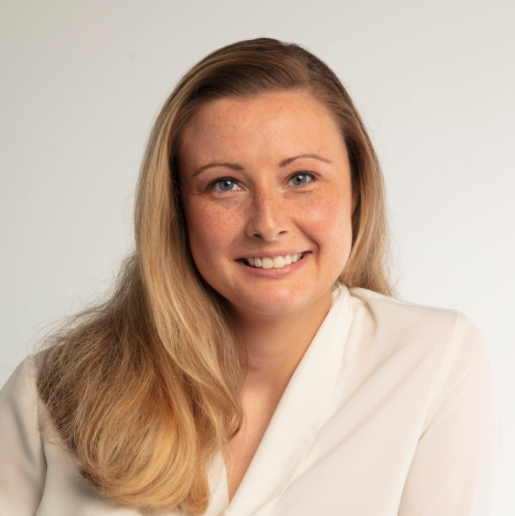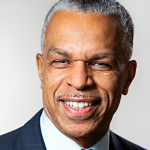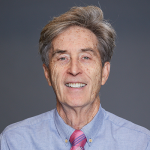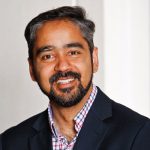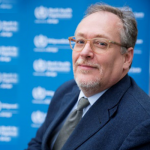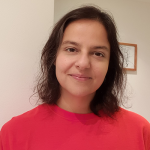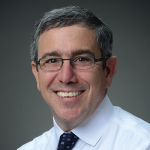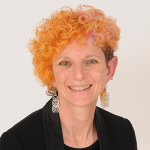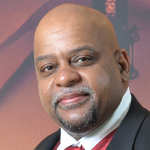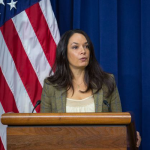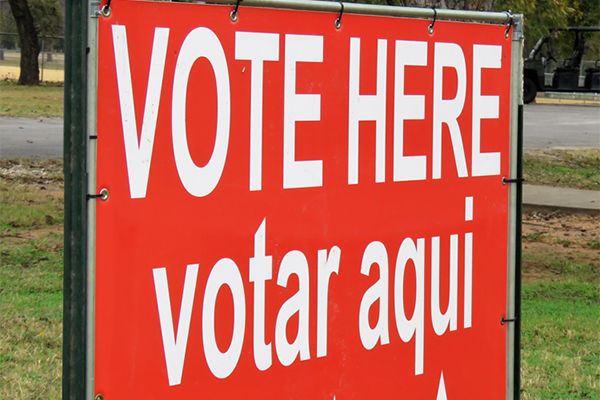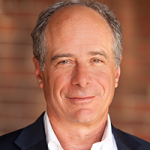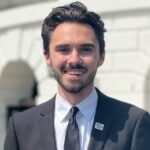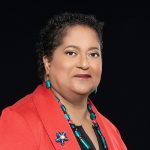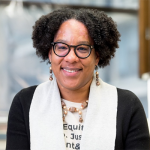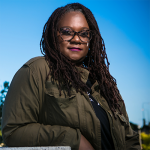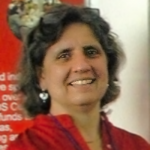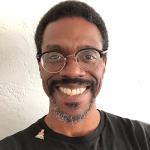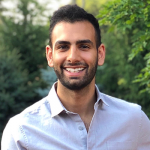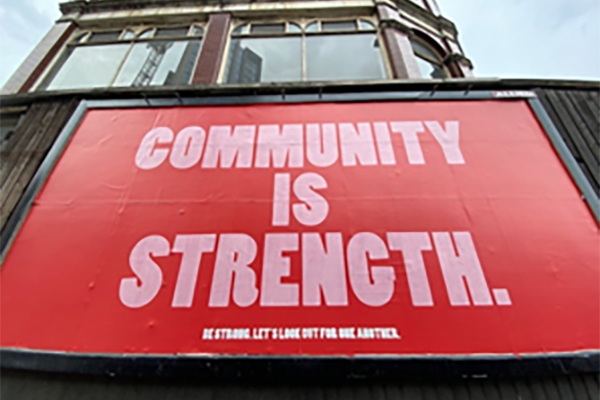
Advancing Health Literacy: City-wide Needs Assessment
How do we identify the needs of at-risk populations to advance health literacy and access to health care and resources?

Course Information
- Audience: Public health professionals, community health workers others interested in community health and identifying and addressing needs of at-risk communities
- Format: Webinar
- Date/Time: June 28, 2023
12:00 PM - 1:00 PM EST - Price: Free
- Length: 1 hour
- Credential(s) eligible for contact hours: Sponsored by New England Public Health Training Center (NEPHTC), a designated provider of continuing education contact hours (CECH) in health education by the National Commission for Health Education Credentialing, Inc. This program is designated for Certified Health Education Specialists (CHES) and/or Master Certified Health Education Specialists (MCHES) to receive up to 1 total Category I continuing education contact hours. Maximum advanced-level continuing education contact hours are 0. Provider ID: 1131137 Event ID: PM1131137_06282023.
If you are not seeking a CHES/MCHES contact hours, if you complete the post-test and evaluation, you will receive a Certificate of Completion. The Certificate will include the length of the course.
- Competencies: Community Partnership Skills
- Learning Level: Awareness
- Companion Trainings: None
- Supplemental materials:None
- Pre-requisites None
About this Webinar
The Rhode Island Public Health Institute, in partnership with the city of Providence and the Providence Community Clinics Network conducted a mixed-methods needs assessment focused on Communities of Color in Providence RI. The needs assessment focused on characterizing health literacy needs with a focus of COVID-19 and other topics of public health significance which intersect with the pandemic.
.What you'll learn
At the end of the course, participants will be able to:
- Discuss capacity building for reaching at-risk populations
- Identify health literacy and resource needs of Black/African American and Hispanic/Latinx individuals in Rhode Island.
Subject Matter Expert
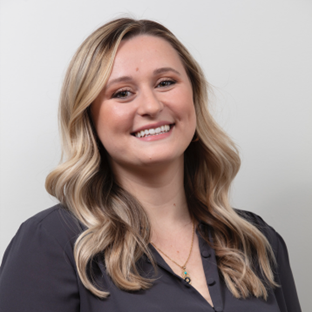
Yelena Malyuta
Yelena Malyuta is the Director of Evaluation at the Rhode Island Public Health Institute. Her work focuses on research and evaluation efforts in community and clinical settings. She is passionate about community-driven and informed solutions to public health challenges. Yelena received a Master of Public Health from The University of Massachusetts and a Bachelor of Science in Medical Microbiology from the University of New Hampshire.
Registration
Select the Enroll Me button below to register for this webinar. If you have any trouble accessing the webinar, contact support@nephtc.org.
Acknowledgement: This project is supported by the Health Resources and Services Administration (HRSA) of the U.S. Department of Health and Human Services (HHS) as part of award 2 UB6HP31685‐05‐00 “Public Health Training Centers.” The contents are those of the author(s) and do not necessarily represent the official views of, nor an endorsement, by HRSA, HHS or the U.S. Government.






